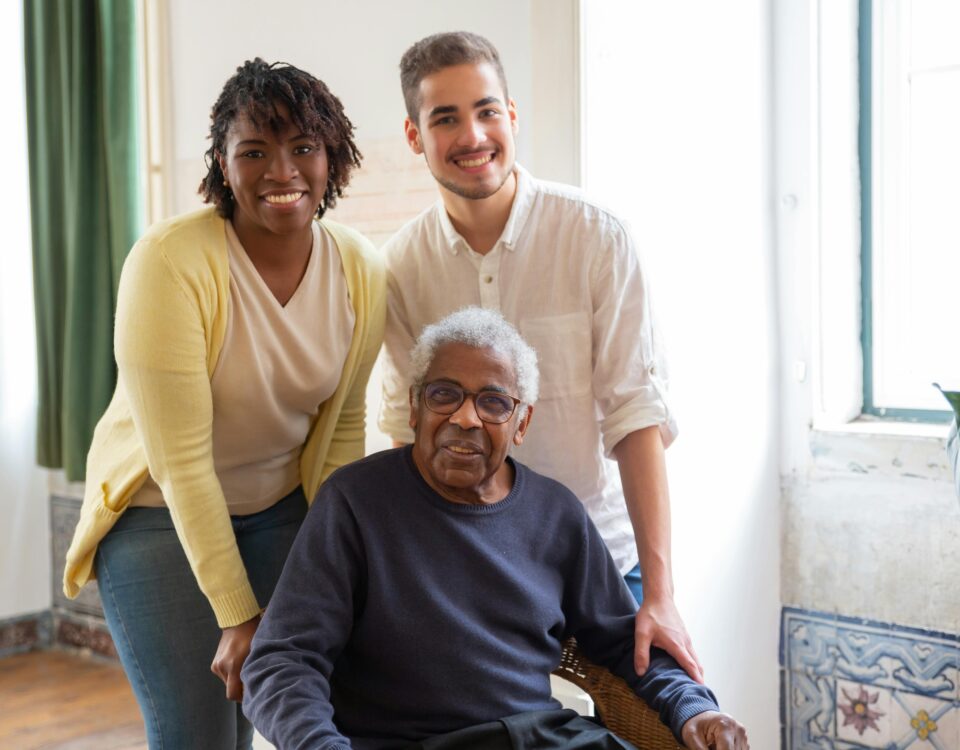You can’t always be there. But we can.
How Elderly Care Can Help with Sundown Syndrome

What Aging-Associated Diseases Should Your Parent Know More About?
February 19, 2018
What Kinds of Tasks Can and Should You Outsource as a Caregiver?
February 21, 2018How Elderly Care Can Help with Sundown Syndrome
Older adults with Alzheimer’s disease or dementia often act differently in the evening hours and near bedtime. They may become anxious, sad, aggressive, or more severely confused in the later hours of the day. They might pace, rock, cry, lash out, or scream. A change in behavior in the late hours of the day is called sundown syndrome, though you might also hear it called sundowning or sundowners.

Elderly Care Rolling Hills CA – How Elderly Care Can Help with Sundown Syndrome
It can be an extremely difficult behavior to deal with, so having the assistance of an elderly care provider can be helpful. Below are several ways that an elderly care provider can assist with a senior during an episode of sundown syndrome.
Establishing a Routine
One of the things that can help ease sundown syndrome is following a daily routine. More complex tasks and activities that require more energy should be tackled earlier in the day. Also, keeping the senior from napping during the day can make them more tired at night, making sleep easier. An elderly care provider can help structure the senior’s day with a routine that includes meaningful activities.
Create a Calm Environment in the Evenings
In the early evening, an elderly care provider can start making the home quieter and calmer to ease the older adult toward sleep. Turning off the lights, closing the curtains or blinds, and moving toward quiet activities will help.
Distracting from Anxiety
Distracting the senior from their feelings of anxiety can help to calm them. An elderly care provider can engage them in favorite activities that calm them, such as snuggling or playing with pets, reminiscing, or watching a television program they enjoy.
Avoid Triggers
Sometimes there are environmental factors or other things that can trigger sundowning. An elderly care provider can help family members to identify what might be causing the behavior changes. It can be useful to jot down the events of the day and behavior to watch for patterns. It could be that the senior is having too much caffeine or sugar late in the day, or there might be too much noise in the house, or any number of other things.
Make the Senior Comfortable
Getting comfortable may ease anxiety. An elderly care provider can help the senior to get into soft, comfortable pajamas. Settling into a cozy chair with a blanket and a warm drink may be soothing to them.
These are just some of the ways that an elderly care provider can help seniors who experience sundown syndrome. The more an elderly care provider gets to know your aging family member, the better they’ll be able to calm them and reduce the behaviors associated with sundowning.
Sources: https://www.aarp.org/caregiving/health/info-2017/ways-to-manage-sundown-syndrome.html
https://www.webmd.com/alzheimers/guide/manage-sundowning
https://www.healthline.com/health/dementia-sundowning

